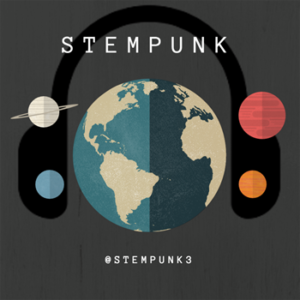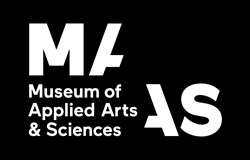When: Wednesday 14th November, 2:40pm – 3:40pm
Different approaches and processes can be implemented as part of a research project – but the best approach is the one that will get you the most accurate assessment! This workshop will address best practice approaches to designing research programs that combine scientific rigour with practical efficiency. We will look at the philosophy underpinning different approaches and how and when different techniques should be used.
Presenter
Clifford Lewis, Lecturer, Charles Sturt University
